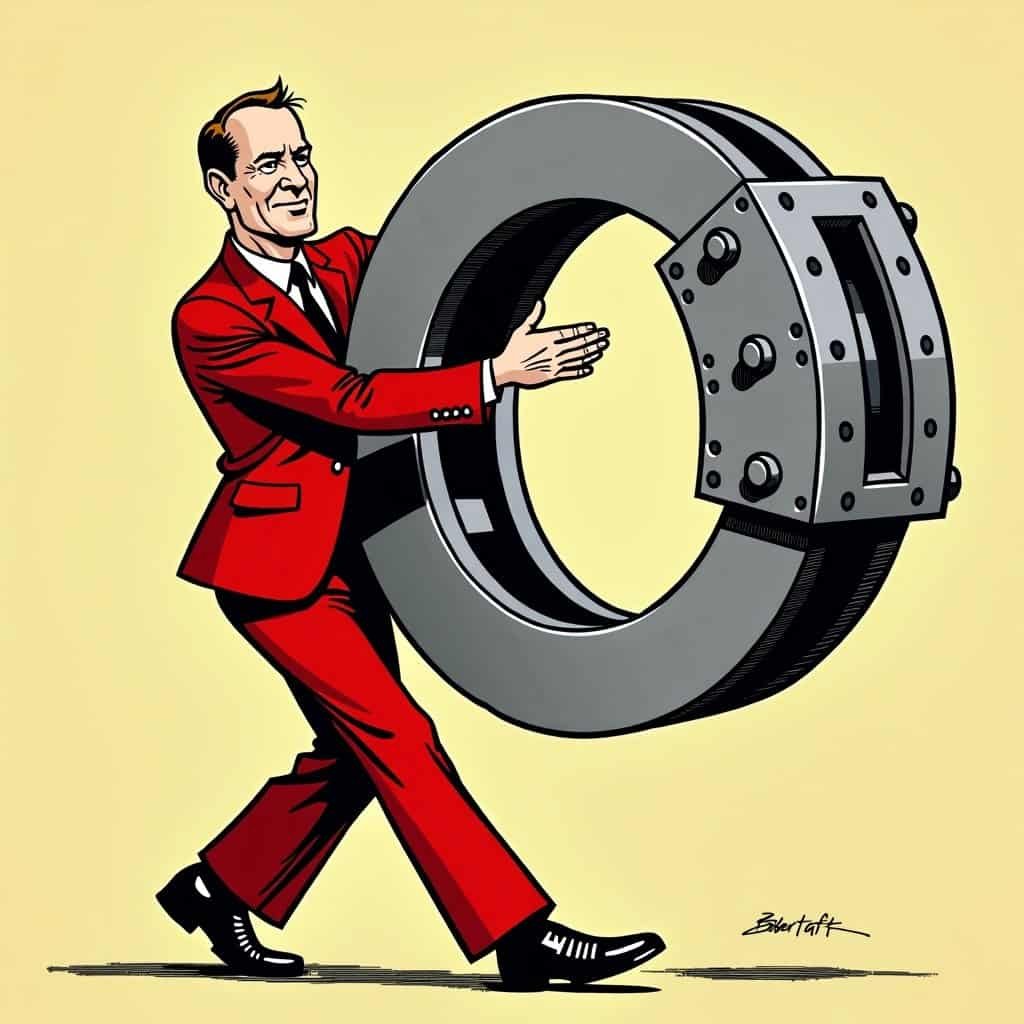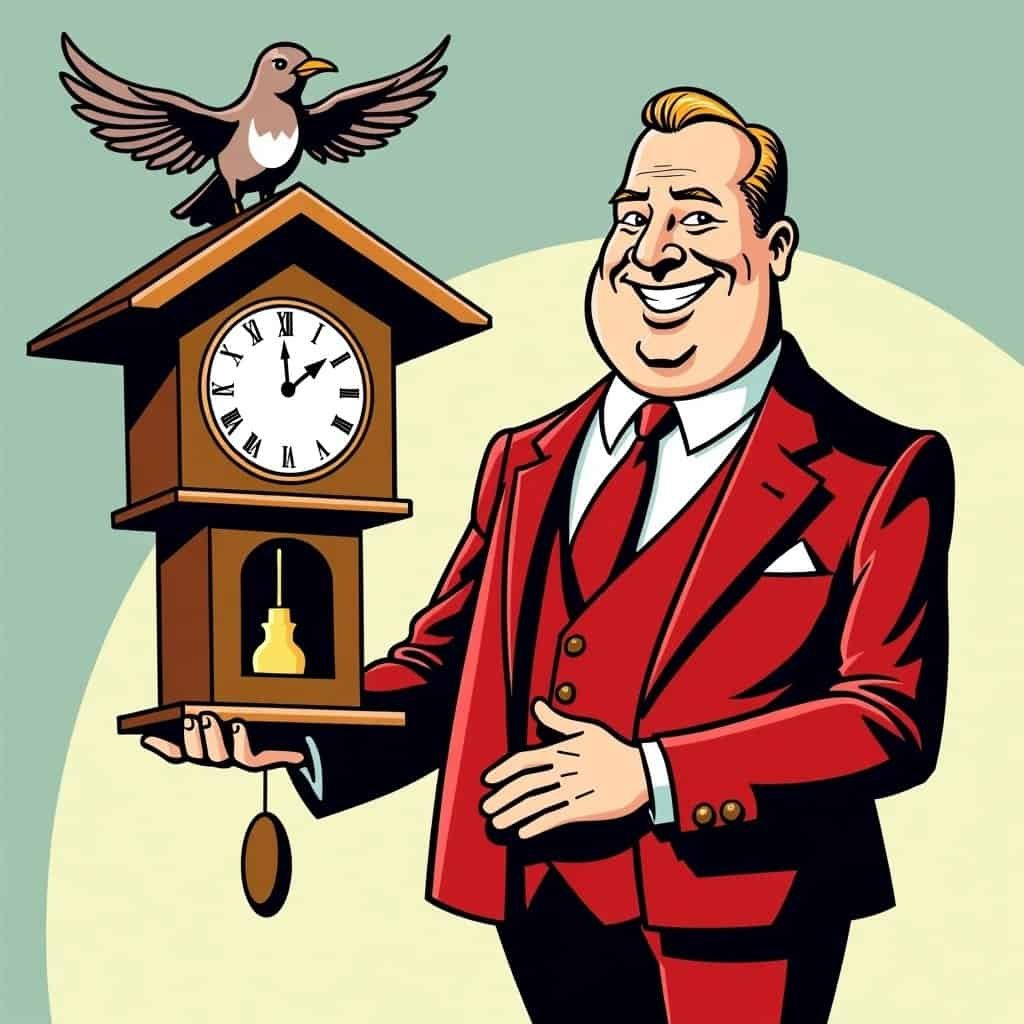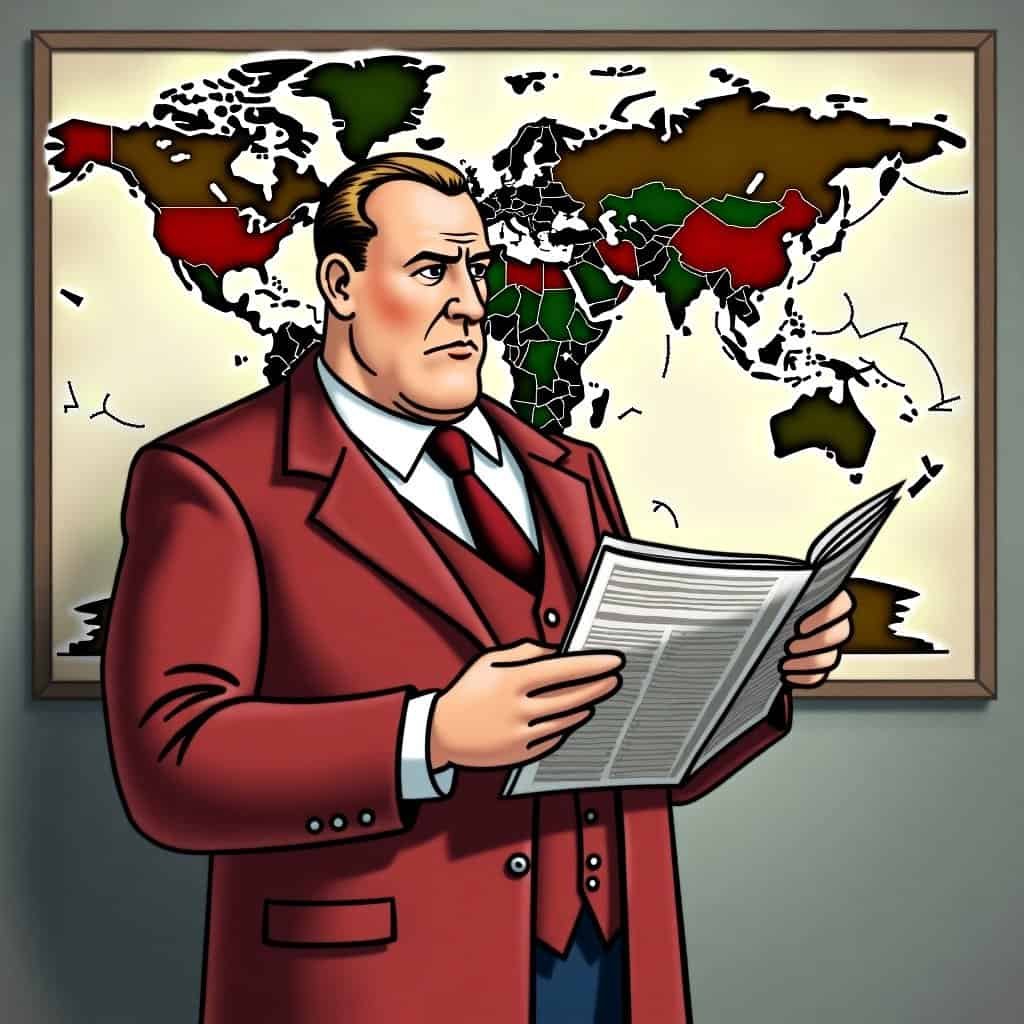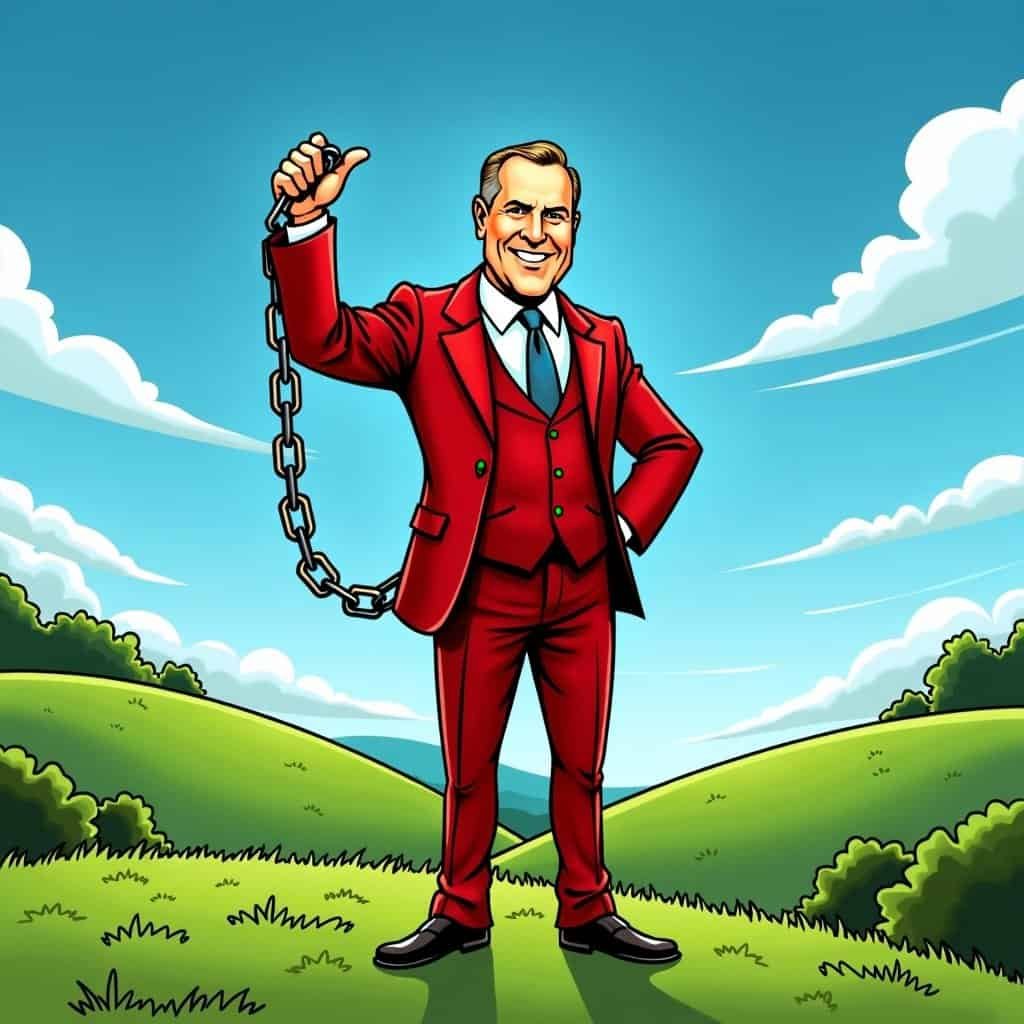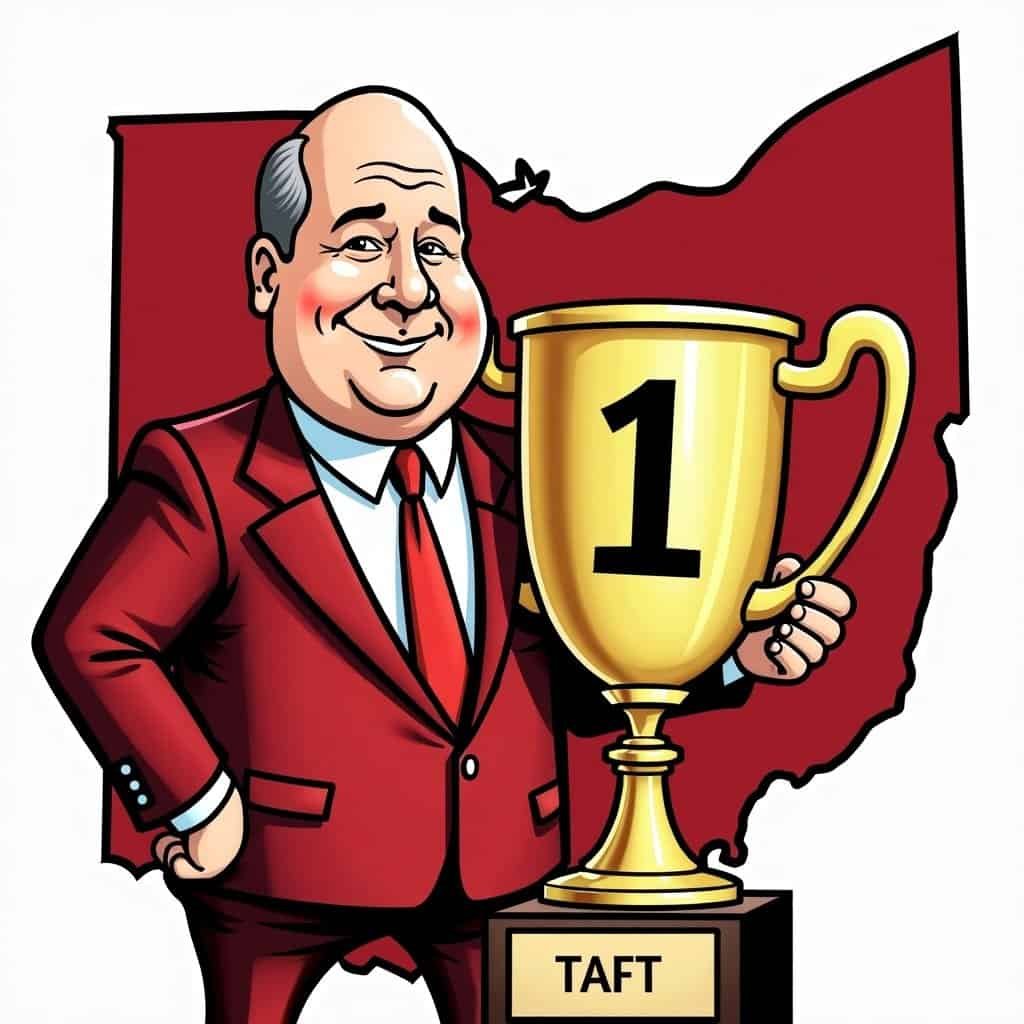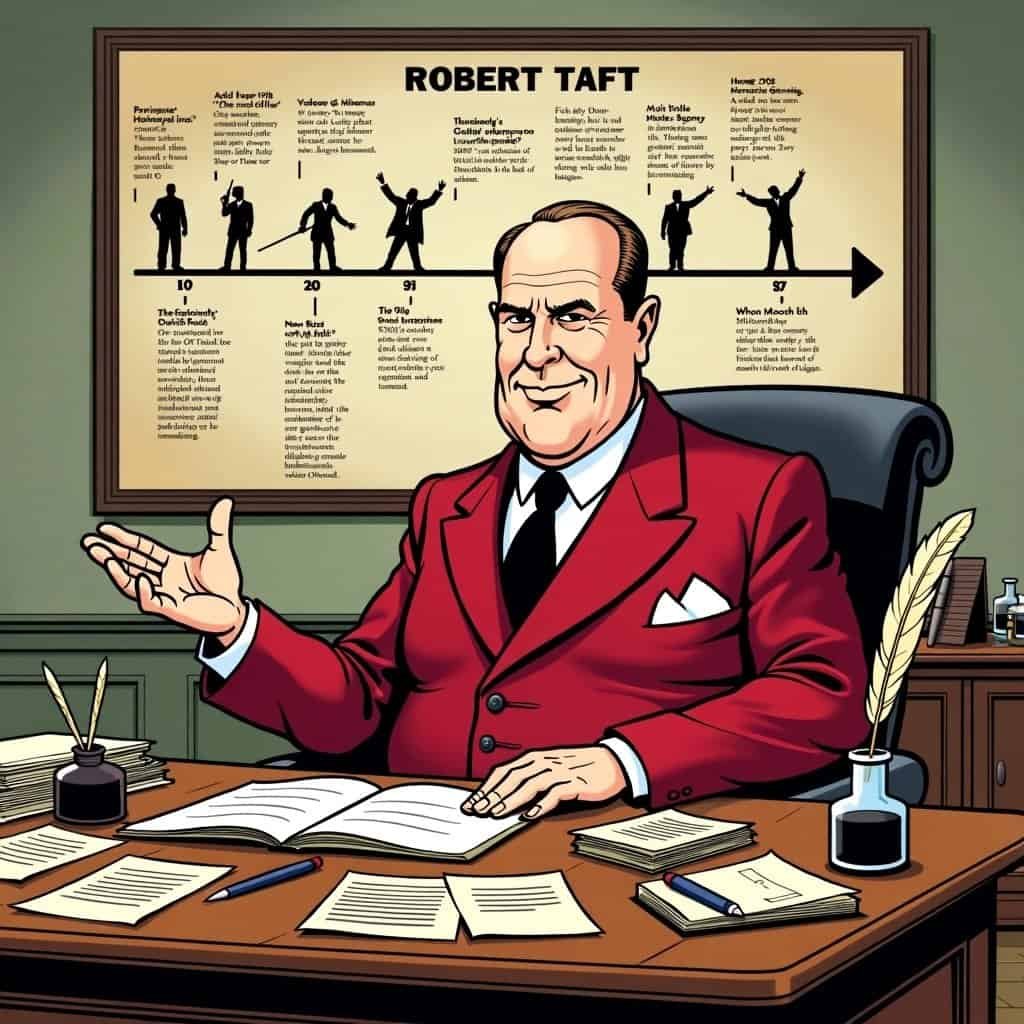Picture this: It’s 1947, and President Truman just unveiled his grand plan, the Truman Doctrine. You can almost hear Robert Taft’s bewildered head-scratching from across the room. Truman’s bright idea? America would swoop in like a caped crusader to stop communism’s global spread. But good ol’ Bob Taft, the poster boy for conservative values, wasn’t buying it. This wasn’t just any naysayer; Taft was a heavyweight with a knack for penny-pinching and keeping Uncle Sam on a short leash.
Taft saw Truman’s scheme as a fast track to a money-burning, globetrotting government that would balloon faster than your grandma’s prize-winning sourdough. Think about it: how could a country built on thriftiness and pull-yourself-up-by-your-bootstraps mentality start throwing cash around without counting the pennies? That’s not the conservative playbook, my friends!
Taft vs. Truman: A Clash of Ideologies
As a champion of small government, where would Robert Taft stand if Uncle Sam started playing international Santa Claus? The Truman Doctrine was all about building metaphorical fences worldwide to keep the commies out, but Taft wasn’t impressed by barriers that couldn’t even hold back a gentle breeze.
Key Points of Conflict
- Fiscal Responsibility vs. Global Spending
- Limited Government vs. International Intervention
- Self-Reliance vs. Global Dependency
- Domestic Focus vs. Foreign Policy Expansion
Our esteemed Republican statesman eyed the Doctrine with suspicion, worried it might toss the nation into another financial whirlpool reminiscent of the Great Depression’s chaos – the kind of mess any level-headed conservative knows is best left in the history books.
Conservative Values at Stake
Under Taft’s practical exterior lay a deep concern for staying true to American freedom’s core. Conservatives value standing on your own two feet! The Truman Doctrine looked to Taft like a slippery slope to dependency. He worried America would become the world’s go-to problem solver—not in a friendly, cup-of-sugar-borrowing way, but more like getting stuck with everyone’s unpaid bar tab.
By opposing the Truman Doctrine, Taft stood his ground on the belief that you should clean your own house before tidying up the neighborhood. “Let’s focus on boosting our economy right here,” he might have argued, “planting seeds in our own backyard instead of watering everyone else’s garden.” Because at the end of the day, that’s how we keep freedom alive – by nurturing it under our noses and preventing the federal government from getting too tangled up in global drama.

